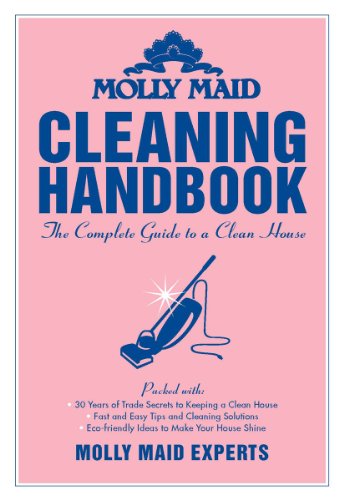
We have butchers to thank for the eternally trendy butcher block and wood counters. In the early 1900s they became progressively frustrated with the lack of durability in the traditional sycamore stumps they used for chopping meat. Their trade gave birth to the extra strength capacity of composite block. Strips of maple glued together proved stronger and more resistant to the meat cleavers, and soon became the butcher block of choice.
Modern day butcher blocks are still constructed from pieces of hardwood laminated together with glue. They can be budget friendly, easy to install and are an eco-friendly option. Properly cared for, butcher blocks and wood counters can last a lifetime. Here’s how:
WIPE & CLEAN
For everyday cleaning, soap and water will do the trick. Be sure to avoid soaking the wood counter in water, as the wood is porous and will absorb excess water.
SANITIZE & DEODORIZE
As with all surfaces in the kitchen, it’s important to keep your butcher block and wood counters sanitized. A mixture of white vinegar and water (about a 1:3 vinegar to water ratio) is the perfect solution. Spray counter and wipe clean with a microfiber cloth. For more difficult stains, such as a wine spill, a little more effort may be needed. Sprinkle the stain with baking soda. Cover the baking soda with lemon juice and watch it react with bubbles and fizz. Let it stand for 2 hours or more (overnight is best). Then, simply wipe the solution away with a moist microfibre cloth.
NURTURE & SEAL
Wood is a natural product and will dry out if not nurtured. To keep your wooden counter or butcher block looking its best, it’s recommended that an application of food safe mineral oil is applied 3 – 4 times per year. This conditioning will also keep the wood stain free. Although food-safe, don’t use culinary oils! Olive, vegetable and flax oils will quickly oxidize and go rancid. For the most noticeable transformation, try a product containing a combination of mineral oil and beeswax. The beeswax will help fill in knife marks, cuts and damage from cracking. The more frequent the care, the better protected the wood. Waxes will nourish the wood, which will help prevent drying and defer cracking.
Photo by Tookapic

